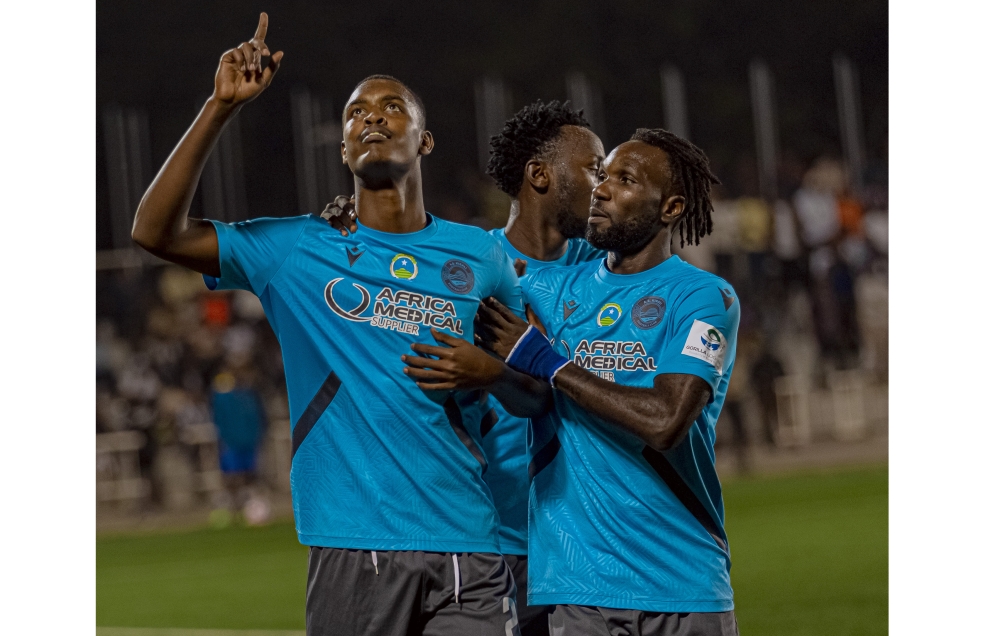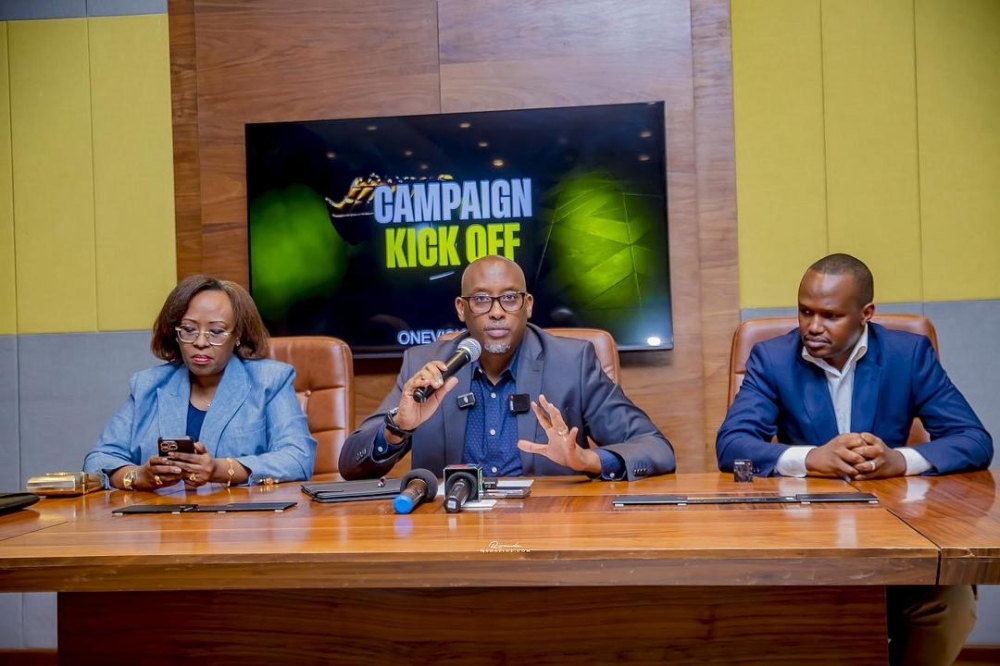Play back performances refer to singing passively along one’s recorded music-it is the direct opposite of live shows. In last week’s ‘Salax Awards’, some of the performers held switched off microphones, and pretended to actually sing.

Play back performances refer to singing passively along one’s recorded music-it is the direct opposite of live shows.
In last week’s ‘Salax Awards’, some of the performers held switched off microphones, and pretended to actually sing.
They were often embarrassed whenever the deejay of the night, Bissosso, toned down the CD to hear the artists’ responses of their own voices. One of the ironic scenarios was when artist Jack B fell off stage, but the music continued to play. One would expect to hear a struggling voice, because the artist was practically on the floor.
As for singer Knowless, she failed to match her own CD’s pace because she probably could not listen and connect to the speakers.
Many other performances, especially hip-hop, were either disorganized or uninteresting because of the lowly playbacks.
On radio interviews and in magazines, show organizers argue that the regular entry fees for a local show cannot support them to arrange for music instruments.
Artistes also complain of less pay from organizers, which cannot facilitate them to play live music.
The writer counter argues that, it takes sacrifice for the interest of fans, rather than focusing on personal gains.
The seasoned artists, like Makanyaga and Holly Jah Doves, play live music yet they earn less from their shows. Even local ‘Bisope’ thrill fans, because of their simple guitars, pianos… and live voices.
Rwandan music is at stake of remaining backwards and losing fans if artists and organizers do not invest in live performances.
Ends






